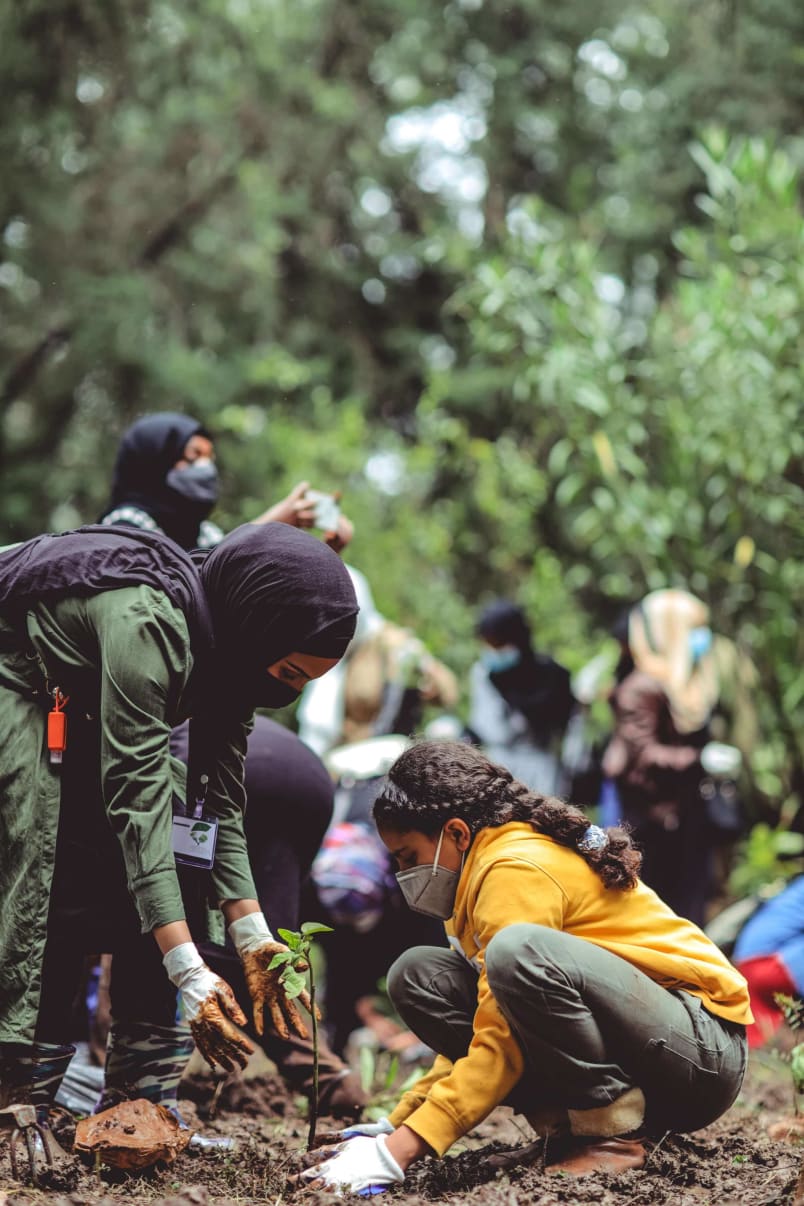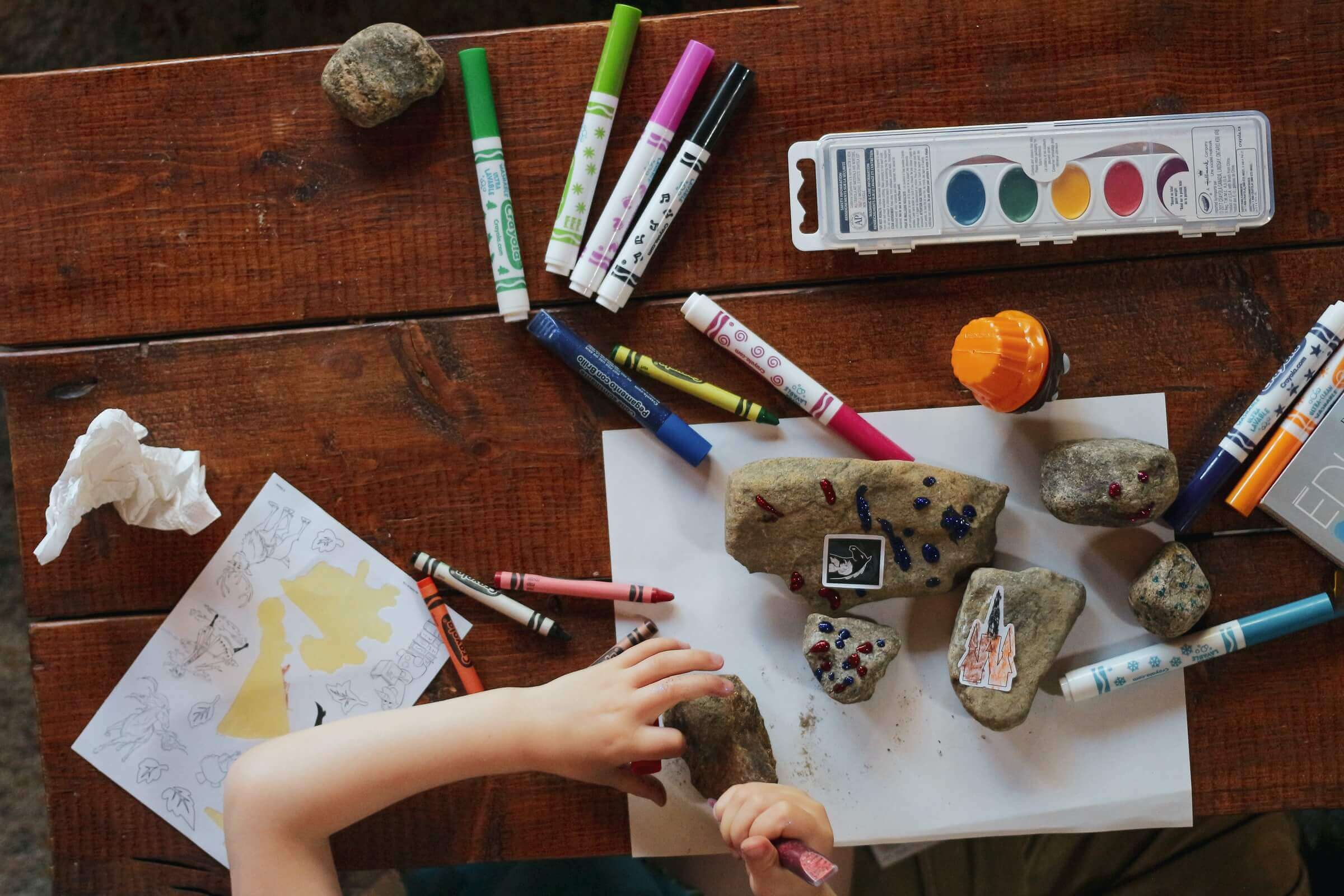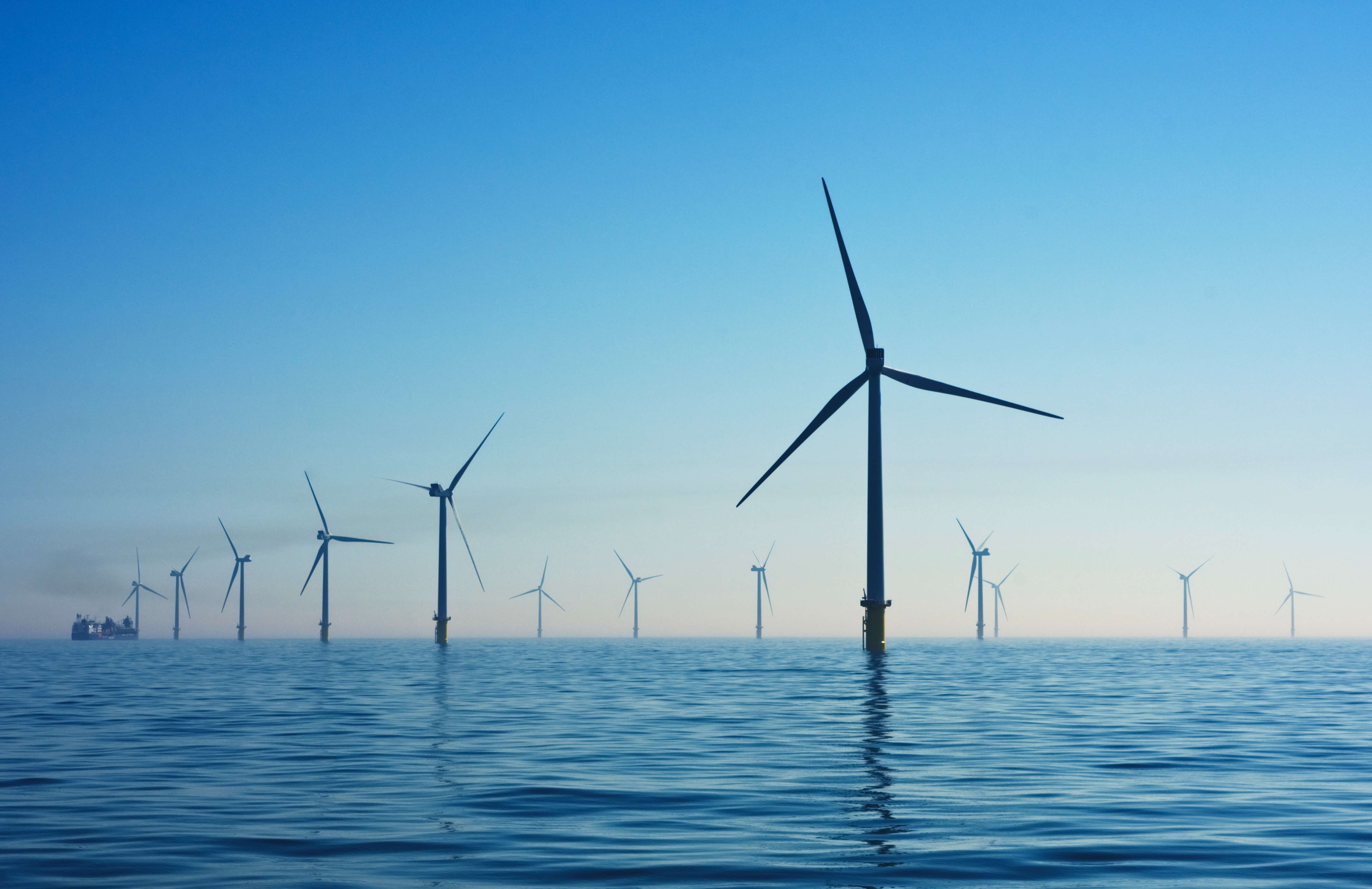It’s important to teach kids about sustainability because the more children who are educated about climate change, pollution, deforestation, and other climate issues from an early age, the more likely they will choose to be a part of the solutions now and in the future. By teaching young learners the science behind climate change, students are able to understand real-world science issues while being able to relate what they are learning to what is happening in the world. When students are environmentally literate, they are able to be better stewards of the earth.
Teaching young learners about sustainability themes allows students to also gain hands-on experience learning about real-world problems and practice using their critical thinking skills to come up with solutions. When some of these solutions can be implemented into the student's daily lives, they are able to learn responsibility, compassion for our Earth and for others, and gives students the opportunity to have a real impact in their community.
Tips for Teaching Kids about Sustainability
- Keep it positive - Don’t focus on the doom and gloom of climate change. Keep it positive by ending each lesson on a positive note or provide students with one simple action that they can take that day.
- Present the solutions - When teaching about various environmental problems, present solutions to these problems during the same unit.
- Offer ways students can get involved - Include simple, daily actions that students can take to reduce their environmental footprint, such as bringing a reusable water bottle, turning off the sink when brushing their teeth, and walking rather than driving.
- Keep it local - When presenting large problems, try to keep a local aspect to your teaching, to help students better relate to the topic.
- Teach environmental literacy in classes other than science - Climate change affects so many aspects of our lives, and does not have to be taught in only science class. Try incorporating environmental literacy lessons into art, English, math, or history classes.
- Engage all types of learners - Include pictures, hands-on activities, independent assignments, group activities, audios, and videos to engage all types of learners.
- Create a class or individual pledge - End the unit with a class or individual pledge that students can pledge to commit to on a daily basis, such as proper recycling or picking up trash.


Sustainability for Young Learners Courses
In elementary school, many states follow the Next Generation Science Standards, which outlines all the standards for science that students need to know each year. For the elementary school standards, sustainability themes or environmental literacy are not included in the required standards for second, third, or fourth grade and only mentioned via one standard in first, fifth, and sixth grades.
The Next Generation Science Standards do not adequately prepare students for the sustainability problems students will face in the future. That’s why we created the Sustainability for Young Learners courses, which are unit lesson plans for second through fifth grades that incorporate environmental literacy and sustainability themes into the required standards. The courses equip teachers with sustainability knowledge and resources that directly relate to that grade’s standards to allow teachers to effectively teach environmental literacy to their students.
Although the unit plans were created with each grade’s science standards in mind, these lessons can be slightly modified to be adapted to other grade levels. The unit plans were designed for a classroom setting, however, each unit and lessons can be tailored for parents to teach their students about sustainability themes at home. The four unit plans for second, third, fourth, and fifth grades all teach various sustainability topics, including renewable and nonrenewable energy, how climate change is affecting our oceans, and ocean plastic pollution issues. The courses also teach about many different solutions as well, including energy efficiency, renewable energy as a solution to climate change, reducing food waste, composting, and much more.

Download the Sustainability Themed Elementary School Unit Plans
Click on the title of each of the unit plans below to learn more about the courses and to download the unit plan and PowerPoint for free.
Our Melting Oceans: Solid and Liquid Water - The Our Melting Oceans: Solid and Liquid Water unit plan is designed for second graders, as the unit focuses on the second grade standard “2-ESS2-3 Obtain information to identify where water is found on Earth and that it can be solid or liquid.” In this unit, students expand on the standard to incorporate introducing the issues with melting ice caps into the lesson. Through an experiment, students are able to see how ice cubes melt faster when heat is added and can relate this to understanding how rising temperatures cause ice caps to melt quicker.
Ocean Plastic - The Problem and the Solution - The third grade unit plan is titled, Ocean Plastic - The Problem and the Solution. In this unit, students learn about the physical changes of increased amounts of plastic pollution in the ocean and how that is affecting ocean life. Students will also learn about various real-world solutions that are being implemented now to mitigate the problem while using critical thinking skills to brainstorm their own solutions.
Renewable and Nonrenewable Energy Sources & their Impacts - In the fourth grade unit lesson, students will learn about renewable and nonrenewable energy sources along with their impact. Students learn about wind, solar, and hydropower renewable energy sources, how these renewable energy sources work, and the positive environmental impact that renewable energy systems have on the environment. Students also learn about nonrenewable energy sources, such as coal and oil.
Climate Change: Reducing Food Waste and Composting as a Solution - The fifth grade unit lesson is titled Climate Change: Reducing Food Waste and Composting as a Solution. In this lesson students learn about climate change and human’s impact on our climate and environment. They will learn about greenhouse gases, fossil fuels, renewable and nonrenewable energy, deforestation, pollution, and more. After learning about the problems associated with climate change, students will learn about the various solutions, and gain a deeper understanding of how reducing food waste and composting is one solution that they can implement into their daily lives.
